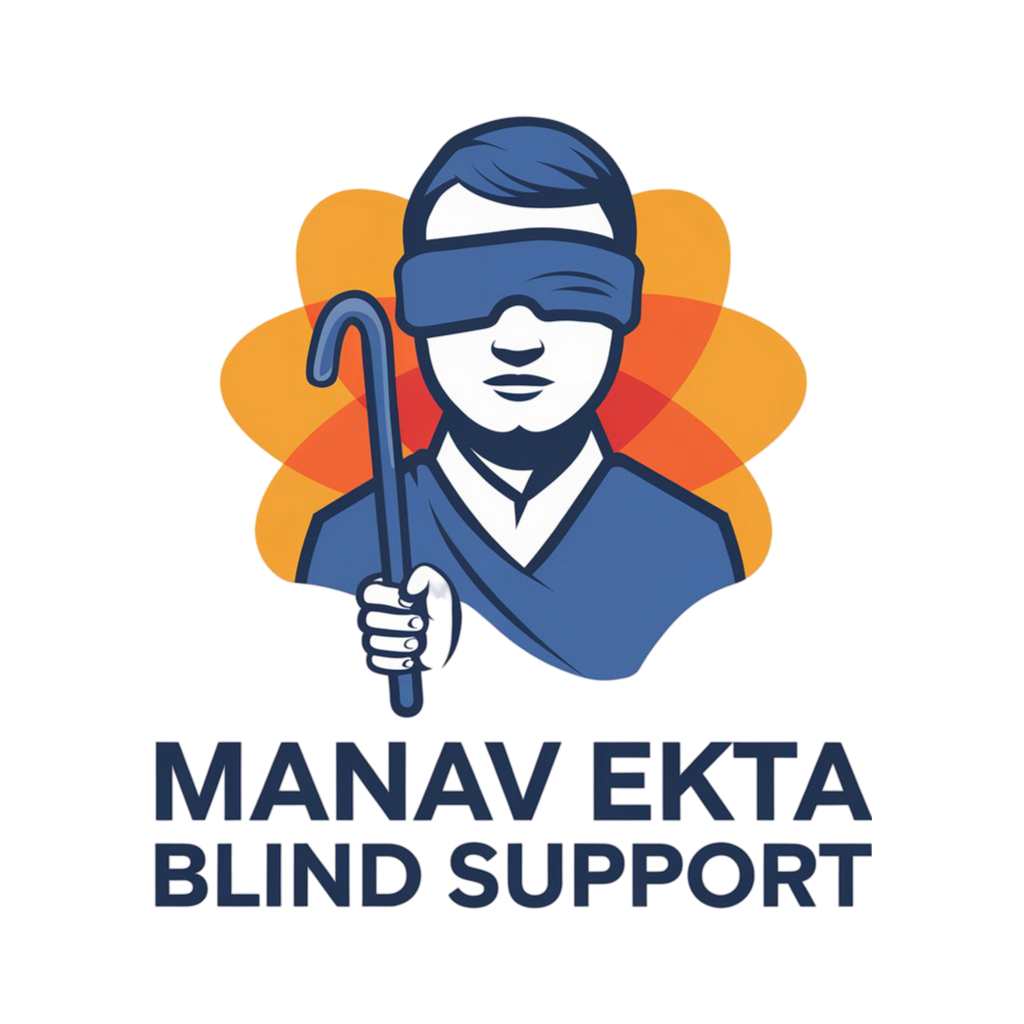The Importance of Eye Donation and How You Can Help
Eyes are often called the windows to the soul, and for millions of visually impaired individuals, eye donation offers a chance to regain their sight and rediscover the beauty of the world. Eye donation is a noble act that has the power to transform lives, yet it remains an underutilized practice due to myths, lack of awareness, and misconceptions. In this blog, we explore the importance of eye donation, how it impacts lives, and how you can contribute to this life-changing cause.
Why Eye Donation is Crucial
According to the World Health Organization (WHO), millions of people suffer from corneal blindness worldwide. In India alone, there are over 1 million individuals awaiting corneal transplants. A simple act of eye donation can restore sight to two individuals, as each eye can be transplanted to a different recipient.
Corneal blindness is often caused by injury, infection, or genetic conditions. Unlike other forms of blindness, it can frequently be treated with a corneal transplant. However, the gap between the demand for donor corneas and their availability remains significant. Eye donation is not just an act of charity; it is an essential part of addressing this growing healthcare need.
Who Can Donate Eyes?
One of the most important aspects of eye donation is its inclusivity. Anyone can be an eye donor, regardless of age, gender, or medical condition. Even individuals with health issues like diabetes or hypertension can donate their eyes.
Eyes must be harvested within six hours of a person’s death, making it essential to inform family members of your decision to be an eye donor. Signing up for an eye donation registry and communicating your wish can make the process smoother for your loved ones.
Dispelling Myths About Eye Donation
Many people hesitate to donate their eyes due to misinformation. Here are some common myths debunked:
-
Myth: Eye donation will disfigure the donor’s body. Fact: The process of removing the eyes is performed with utmost care and does not cause any disfigurement.
-
Myth: Only young and healthy individuals can donate eyes. Fact: People of all ages and health conditions are eligible to donate.
-
Myth: Eye donation goes against certain religious beliefs. Fact: Most major religions support organ and tissue donation as a charitable act of kindness.
How You Can Help
If you’re inspired to make a difference, here’s how you can contribute:
-
Pledge to Donate: Register with an eye bank or a reputable organ donation organization. In India, organizations like the Eye Bank Association of India (EBAI) provide easy ways to register.
-
Spread Awareness: Talk to your friends and family about the importance of eye donation. Social media platforms are a powerful tool for spreading the word.
-
Volunteer or Donate: Support eye banks and organizations involved in promoting eye donation. You can volunteer your time or provide financial contributions to help them carry out their work effectively.
-
Educate Yourself and Others: Understand the process of eye donation and address any concerns or doubts others may have. Being informed makes it easier to advocate for the cause.
The Legacy of Giving
Eye donation is an act of generosity that lives on even after we’re gone. By choosing to donate your eyes, you leave behind a legacy of compassion and hope. It is an opportunity to transform lives and provide the gift of sight to those in need.
Let’s work together to bridge the gap between the need for corneal transplants and the availability of donor eyes. Pledge today and encourage others to join the movement. Every pair of donated eyes brings the world into focus for someone who’s been living in darkness.
Take the First Stepa
Make a promise to donate your eyes and inspire others to do the same. Together, we can create a brighter and more inclusive world—one vision at a time.


